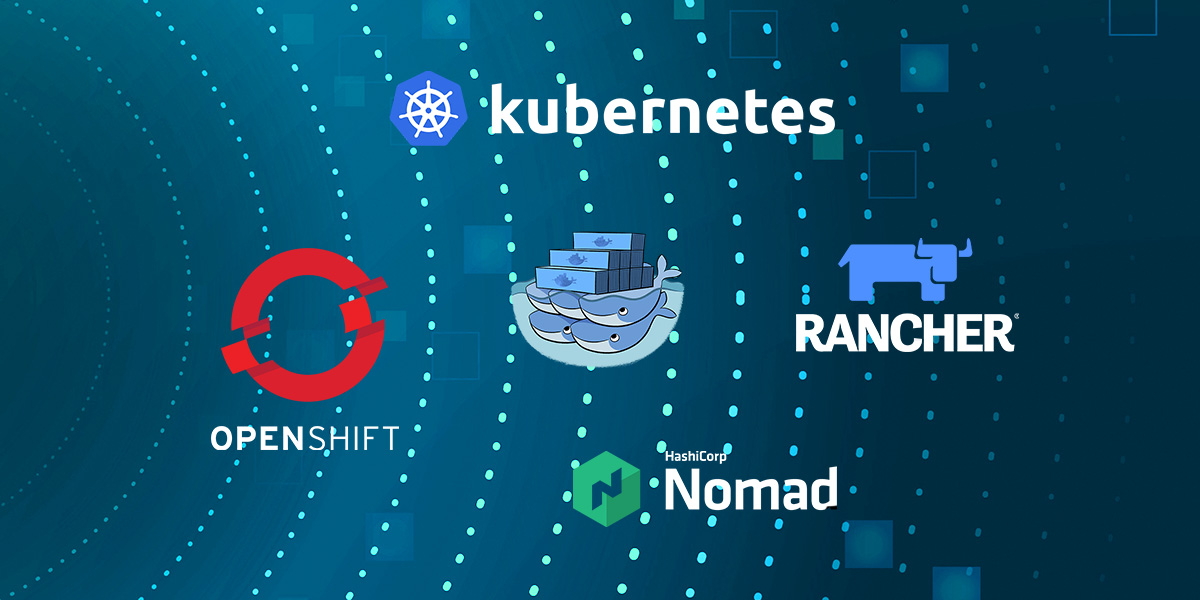Unleashing the Power of Container Orchestration: A Guide to Streamlining Deployment Workflows
In the dynamic world of modern software development, container orchestration has emerged as a critical component for managing and scaling distributed applications with ease and efficiency. In this article, we’ll delve into what container orchestration is, why it’s important, and how it can revolutionize your deployment workflows.
Understanding Container Orchestration
At its core, container orchestration is the process of automating the deployment, management, scaling, and networking of containers within a cluster of machines. Containers, which encapsulate an application and its dependencies, have gained popularity due to their portability, consistency, and scalability. Container orchestration platforms build upon this foundation, providing tools and services to simplify the management of containerized applications across a distributed environment.
Key Concepts
To understand container orchestration, it’s essential to grasp some of its key concepts:
- Clusters: A cluster is a group of machines (physical or virtual) that work together to run containerized applications. Container orchestration platforms manage clusters, ensuring that containers are scheduled and distributed across the available resources.
- Nodes: Nodes are individual machines within a cluster that run containerized workloads. Each node typically runs a container runtime such as Docker or containerd and communicates with the orchestration platform to manage containers.
- Pods: Pods are the smallest deployable units in a container orchestration platform. A pod encapsulates one or more containers that share networking and storage resources, making it easier to deploy and manage complex applications.
- Services: Services provide a way to expose a set of pods to the outside world, enabling load balancing, service discovery, and communication between different parts of an application.
- Controllers: Controllers are responsible for managing the lifecycle of pods, ensuring that the desired number of instances are running and responding to changes in the environment.
Why Container Orchestration Matters
Container orchestration offers several key benefits for software development teams:
- Scalability: Container orchestration platforms make it easy to scale your applications up or down to meet changing demand, ensuring optimal resource utilization and performance.
- High Availability: By automatically restarting failed containers and distributing traffic across healthy instances, container orchestration platforms improve the resilience and availability of your applications.
- Resource Efficiency: Container orchestration optimizes resource utilization by packing containers onto nodes based on resource constraints and scheduling policies, maximizing efficiency and reducing costs.
- Automation: With container orchestration, you can codify your deployment workflows as code, enabling automation and reproducibility across environments and minimizing the risk of human error.
Popular Container Orchestration Platforms
There are several container orchestration platforms available, each with its own strengths and features:
- Kubernetes: Kubernetes is the most popular container orchestration platform, originally developed by Google and later open-sourced. Known for its flexibility, scalability, and extensibility, Kubernetes has become the de facto standard for managing containerized workloads.
- Docker Swarm: Docker Swarm is a simple and lightweight container orchestration solution built into the Docker Engine. While not as feature-rich as Kubernetes, Docker Swarm is easy to set up and ideal for smaller deployments or organizations already using Docker.
- Amazon ECS: Amazon Elastic Container Service (ECS) is a fully managed container orchestration service provided by Amazon Web Services (AWS). ECS simplifies the process of deploying, managing, and scaling containerized applications on AWS infrastructure.
Getting Started with Container Orchestration
If you’re new to container orchestration, getting started can seem daunting. However, there are plenty of resources available to help you on your journey:
- Official Documentation: The documentation for popular container orchestration platforms, such as Kubernetes and Docker Swarm, provides comprehensive guides, tutorials, and best practices for getting started.
- Online Courses: Platforms like Coursera, Udemy, and Pluralsight offer a wide range of courses covering container orchestration fundamentals and advanced topics.
- Community Forums: Joining community forums and discussion groups for your chosen container orchestration platform can connect you with experts and fellow practitioners who can offer advice and support.
- Hands-On Practice: The best way to learn container orchestration is by doing. Set up a local cluster using Minikube or dive into a managed service like Amazon ECS or Google Kubernetes Engine (GKE) to gain hands-on experience with deploying and managing containerized applications.
Conclusion
Container orchestration has transformed the way applications are deployed, managed, and scaled in today’s cloud-native landscape. By mastering container orchestration, you can unlock a world of possibilities for building scalable, resilient, and efficient distributed systems. Whether you’re a developer, a DevOps engineer, or an IT manager, container orchestration has something to offer for everyone. So don’t delay—dive into container orchestration today and take your deployment workflows to the next level!


